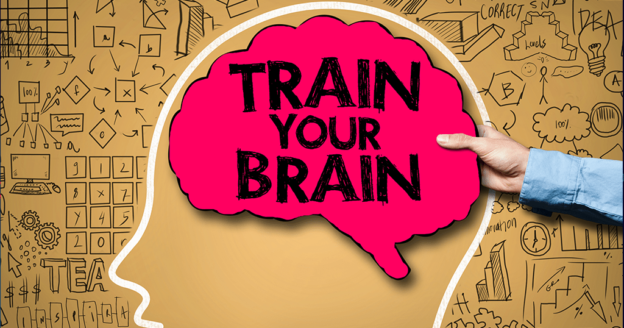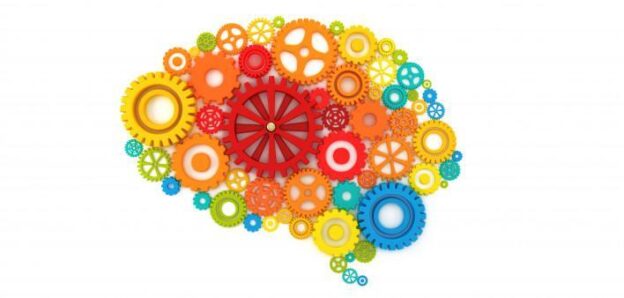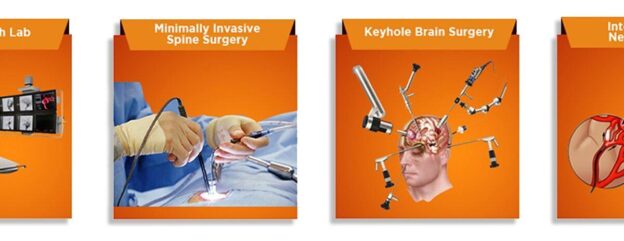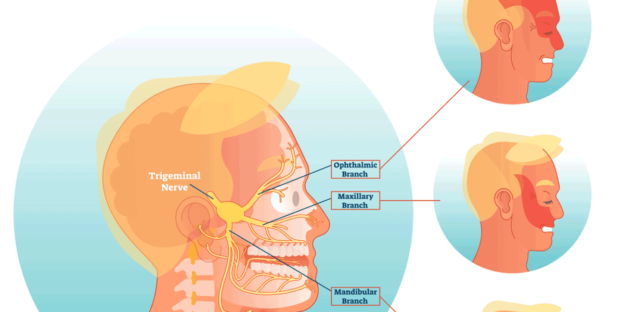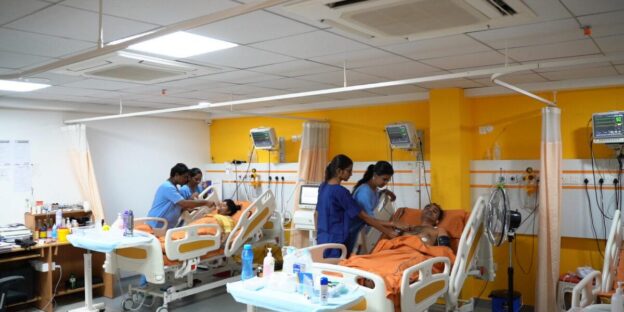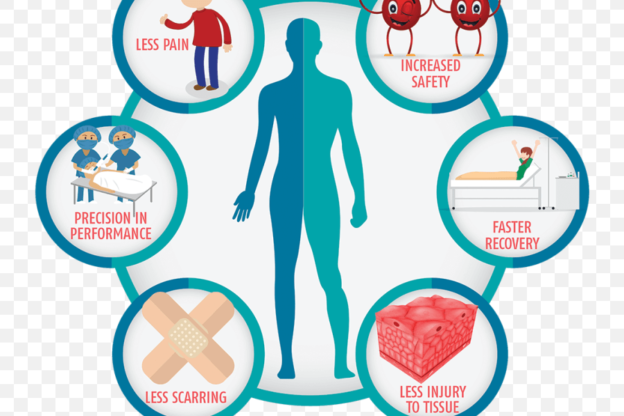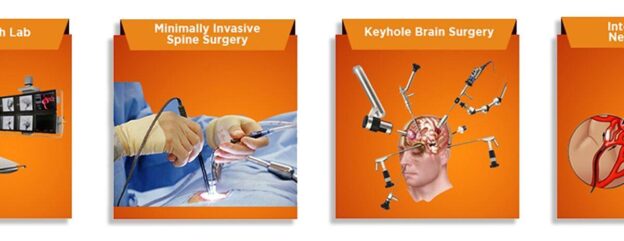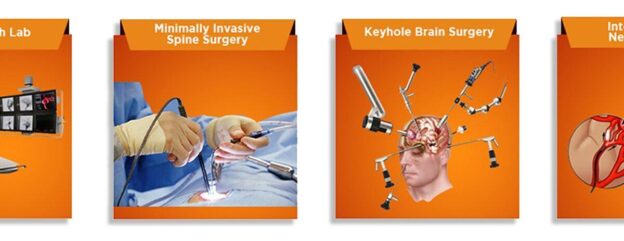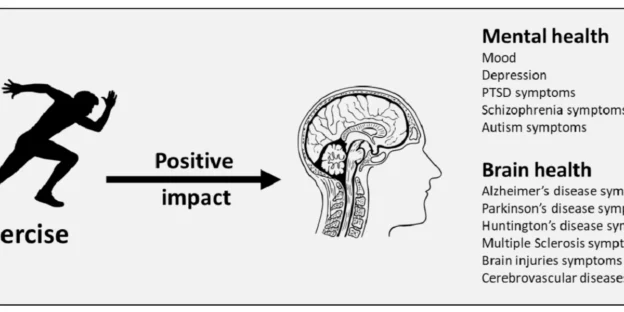The Power of Yoga: Impact on Brain and Mental Well-being | Dr. Rao’s Expertise
The Power of Yoga: How It Impacts the Brain and Boosts Mental Well-being
Discover the transformative power of yoga and its profound impact on the brain and mental well-being. Learn from Dr. Rao, a leading neurosurgeon in India, and explore the exceptional care provided at Dr. Rao’s Hospital, a renowned neurosurgery center, for a holistic approach to brain health and yoga practice.
Introduction:
Yoga, an ancient practice that combines physical postures, breath control, and meditation, has been celebrated for its profound effects on the mind, body, and spirit. Beyond its physical benefits, yoga has garnered attention from neurologists and scientists who have explored its impact on the brain and mental well-being. In this blog, we delve into the transformative power of yoga, featuring insights from Dr. Rao, a leading neurosurgeon in India, and the exceptional care provided at Dr. Rao’s Hospital, known for its expertise in neurosurgery and holistic approaches to health.
Understanding the Mind-Body Connection in Yoga:
Yoga emphasizes the integration of the mind and body, recognizing their inseparable connection. Through a combination of physical postures (asanas), controlled breathing (pranayama), and meditation, yoga harnesses the power of this mind-body union to promote overall well-being.
Dr. Rao’s Expertise in Yoga and Neurosurgery:
Dr. Rao, a highly esteemed neurosurgeon, recognizes the profound impact of yoga on brain health and mental well-being. With a deep understanding of both neurosurgery and holistic approaches, Dr. Rao provides valuable insights into the synergistic benefits of yoga for patients’ overall recovery and quality of life.
The Impact of Yoga on the Brain:
- Neuroplasticity: Yoga has been found to enhance neuroplasticity, the brain’s ability to adapt and reorganize itself. Regular yoga stimulates neural connections and promotes the growth of new neurons, fostering cognitive flexibility and improved learning capacity.
- Stress Reduction: Chronic stress can harm the brain and mental well-being. Yoga’s emphasis on conscious breathing and relaxation techniques activates the body’s relaxation response, reducing stress hormone levels and promoting a sense of calm and tranquility.
- Emotional Balance: Yoga cultivates emotional balance by regulating the autonomic nervous system and enhancing self-awareness. Through mindful movement and meditation, individuals develop a deeper understanding of their emotions, improving emotional regulation and resilience.
- Cognitive Function: Yoga has been linked to enhanced cognitive function, including improved attention, memory, and executive functioning. Combining physical movement, breath control, and meditation activates and synchronizes various brain regions, optimizing cognitive performance.
- Mindfulness and Meditation: Yoga incorporates mindfulness and meditation practices, which have been extensively studied for their positive effects on the brain and mental well-being. Regular meditation strengthens the prefrontal cortex, the brain region responsible for decision-making, emotional regulation, and self-awareness.
The Role of Dr. Rao’s Hospital in Integrating Yoga and Neurosurgery:
Dr. Rao’s Hospital, renowned for its excellence in neurosurgery, recognizes the benefits of integrating yoga into comprehensive treatment plans. By combining traditional medical approaches with holistic practices like yoga, patients receive a well-rounded and personalized approach to their neurosurgical care.
Benefits of Yoga Beyond Neurosurgery:
- Physical Strength and Flexibility: Yoga enhances physical strength, flexibility, and balance. Regular practice improves muscle tone, joint mobility, and overall physical fitness.
- Stress Management: Yoga provides practical tools for managing stress and anxiety. The mindful movement, breathing techniques, and relaxation practices in yoga help individuals find inner calm and reduce stress levels.
- Mental Clarity and Focus: Yoga cultivates mental clarity and improves focus by calming the mind and reducing mental distractions. It promotes present-moment awareness, enhancing concentration and productivity.
- Improved Sleep Quality: Many individuals struggle with sleep disorders or poor sleep quality. Yoga’s relaxation techniques and stress reduction benefits contribute to better sleep patterns, promoting restful and rejuvenating sleep.
- Holistic Well-being: The practice of yoga extends beyond physical and mental benefits. It nurtures holistic well-being by promoting a sense of interconnectedness and harmony within oneself and with the surrounding world. Through yoga, individuals can experience profound inner peace, contentment, and spiritual growth.
Incorporating Yoga into Daily Life:
- Find a Style that Resonates: Explore different styles of yoga, such as Hatha, Vinyasa, or Kundalini, to find the one that resonates with you the most. Each style offers unique benefits, so experiment and choose what aligns with your goals and preferences.
- Start with Basic Poses: Begin with simple yoga poses and gradually progress as you build strength and flexibility. It’s essential to listen to your body and practice mindfulness, honoring your limitations and avoiding injury.
- Cultivate Mindfulness: Mindfulness is an integral part of yoga. Bring your full attention to each movement, breath, and sensation during your practice. This mindful awareness helps you stay present and deepen the mind-body connection.
- Establish a Regular Practice: Consistency is vital in yoga. Aim for regular practice, whether a few minutes each day or longer sessions a few times a week. Even short moments of intentional breathing and stretching can have a positive impact.
- Seek Guidance and Community: Consider joining yoga classes or workshops led by experienced instructors. They can guide you in proper alignment, offer modifications, and provide a supportive community that enhances your practice.
Conclusion:
The power of yoga extends beyond physical exercise. It offers a transformative journey for the mind, body, and spirit. With Dr. Rao’s expertise in neurosurgery and his understanding of the holistic benefits of yoga, individuals can experience the profound impact of yoga on brain health and mental well-being.
Whether seeking neurosurgical care, aiming to boost mental well-being, or simply enhancing your overall quality of life, integrating yoga into the exceptional care provided at Dr. Rao’s Hospital ensures a comprehensive approach to health and healing.
Embrace the power of yoga, unlock its potential to nurture your brain, and cultivate mental well-being. Start your yoga journey today, guided by the wisdom of Dr. Rao and the transformative care offered at Dr. Rao’s Hospital. Together, let us embark on a path of balance, strength, and inner harmony.
Tags: yoga and brain health, mental well-being, Dr. Rao, a neurosurgeon in India, Dr. Rao’s Hospital, holistic care, neurosurgery center, mindfulness, emotional balance, stress management, the mind-body connection


